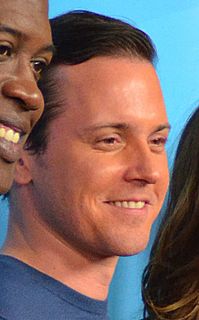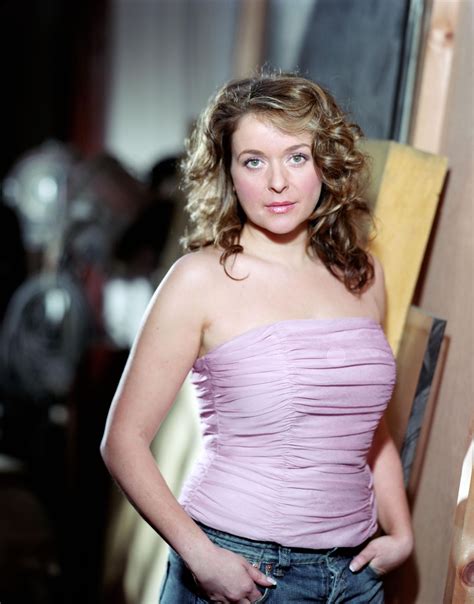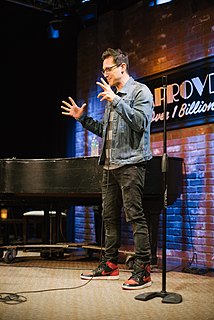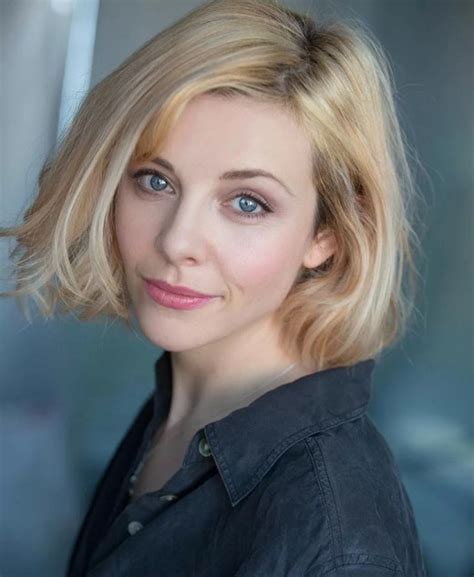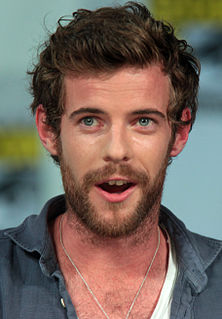A Quote by Craig Mazin
At some point, and maybe it's a function of age, you've had enough of it. You start to slide in other directions. A lot of comedy writers begin to turn the dial. With me, it was a switch. Comedy off. Drama on.
Related Quotes
Performing comedy in San Francisco to begin with is pretty wild. You've got to - you've got the human game preserve to play off of. And it's a lot of great characters everywhere. You work off that, and then you play the rooms, and eventually you get to a point where you're playing a club that is a comedy club, with other comics.
I think that there's a fine line between comedy and drama. I think that ultimately, the less winking that's going on when you're doing comedy - and this is just my own thing, and maybe it's why I've never been hired in comedy except by Bill Lawrence - but I think that the less winking you do with comedy, the better off you are.
Comedy scares me a lot. I feel like it's way harder than drama. I think my safety net is definitely drama and I would love to kind of be able to be able to push into the comedy world and do something kind of like a Christopher Guest kind of style show. That, to me, is my kind of comedy. Like, Ricky Gervais comedy. That's my kind of thing.
Comedy scares me a lot. I feel like it's way harder than drama. I think my safety net is definitely drama, and I would love to kind of be able to be able to push into the comedy world and do something kind of like a Christopher Guest kind of style show. That, to me, is my kind of comedy. Like, Ricky Gervais comedy. That's my kind of thing.
[on making the transition from the comedy "Mary Tyler Moore" (1970) to its dramatic spin-off series "Lou Grant" (1977)] We were really worried about changing over from a three-camera, half-hour comedy to a one-camera, full-hour drama. The audience wasn't ready for the switch - even CBS billed us in their promos as a comedy. In fact, the whole thing was impossible. But we didn't know that.
I've always thought that comedy was just another dramatic expression. I try to measure the amount of truth in a work rather than just looking at the generic distinction between comedy and drama. There's a lot of bullshit drama that leaves you totally cold. And there's a lot of wasted comedy time too. But when you get something honest, it doesn't matter what label you give it.



